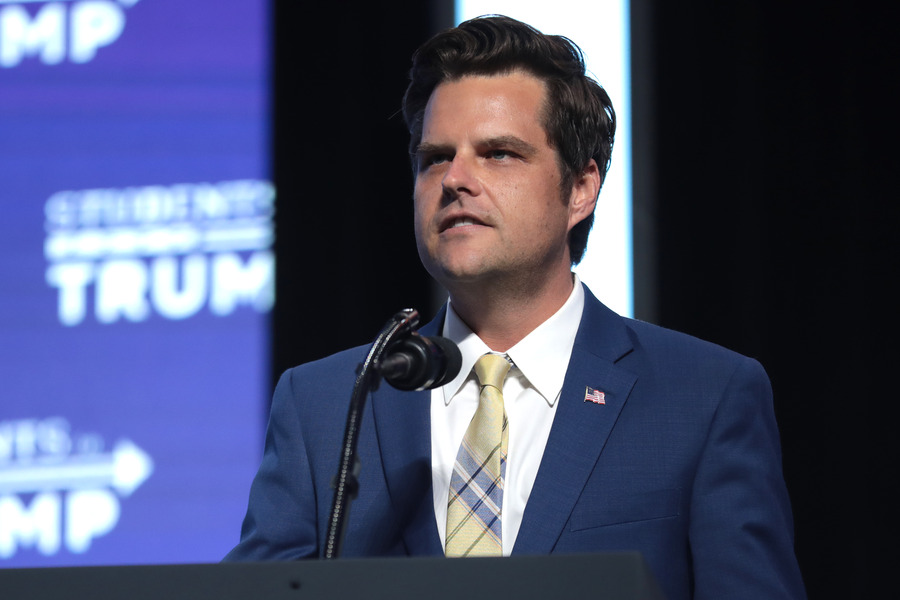Reply Brief Filed in Hedges
The government has filed its reply brief in Hedges.
Published by The Lawfare Institute
in Cooperation With

The government has filed its reply brief in Hedges. The new brief rounds out the briefing, joining the government's opening brief and the appellees' brief---along with a bunch of amicus briefs. It opens:
We explained in our opening brief that this suit, brought by a handful of journalists and activists, should have been dismissed for lack of standing because plaintiffs are in no danger whatsoever of being subject to capture and detention by the U.S. military. In addition, the district court erred in entertaining this suit for ex ante relief against the President, as Commander in Chief, to enjoin him from carrying out authority conferred on him by Congress in the conduct of an armed conflict. Their challenges to Section 1021(b)(2) of the 2012 National Defense Authorization Act (NDAA) also fail on the merits, and the injunctive order issued by the district court is overbroad in key respects.
In response, plaintiffs argue that the NDAA represented a dramatic change in the scope of the government’s detention authority that instilled in them a newfound fear of military detention. That argument reflects a profound misunderstanding of the 2001 Authorization for Use of Military Force (AUMF), which has provided for over a decade the detention authority they claim to now fear. Their argument also ignores the NDAA provisions specifying that it does not affect existing law relating to U.S. citizens or individuals in the United States. If anything, the detention authority provided in the NDAA is narrower and more refined than the authority the executive branch asserted earlier in the conflict – a period when plaintiffs do not allege that they feared being detained. Second, plaintiffs misread “substantial support,” and ignore its law of war framework, in claiming it could reasonably be interpreted, as used in the NDAA, to apply to their independent journalism and advocacy activities. It cannot. Instead, key limitations on the term that derive from the law of war show that it does not apply to their independent journalism and advocacy activities, and the government’s representation confirms that it is not applicable to them. On the merits, while plaintiffs rely on First Amendment cases in support of their standing argument, plaintiffs do not defend the district court’s First Amendment holding. Instead, they now argue only that Section 1021(b)(2) is unconstitutionally vague under the Due Process Clause. But military force authorizations are necessarily written in broad terms, and this one is narrower and more specific than every prior force authorization, fully comporting with due process.
In sum, as explained in our opening brief, the district court erred in striking down as facially unconstitutional Section 1021(b)(2) and entering a sweeping injunction. In doing so, the court erroneously reached out to reject longstanding interpretations of the AUMF, endorsed by Congress, two Presidents, and the D.C. Circuit, even though the AUMF was not challenged in this case. It did so in a case where plaintiffs lack standing because they face no credible threat of military detention; where no action lies here to prospectively enjoin the President, as Commander in Chief, and those acting under his command in the conduct of congressionally authorized military operations against the enemy forces defined by Congress based on claimed facial vagueness or overbreadth; and where in any event, Section 1021(b)(2) would satisfy due process and First Amendment standards. Finally, enjoining the exercise of core military authorities during an armed conflict is an extraordinarily inappropriate exercise of a court’s equitable powers, and the injunction, which applies worldwide and reaches actions that were not even challenged, is vastly overbroad.
Benjamin Wittes is editor in chief of Lawfare and a Senior Fellow in Governance Studies at the Brookings Institution. He is the author of several books.


-(1).jpeg?sfvrsn=143eb65_5)


